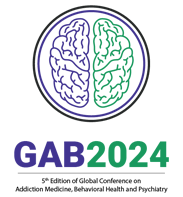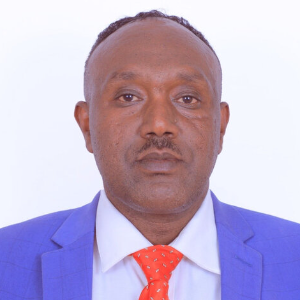Title : Symptoms of post-traumatic stress disorder and depression among Eritrean refugees in Ethiopia: Identifying direct, meditating and moderating predictors from path analysis
Abstract:
Objective: This study aimed at testing the significance of mediating and moderating roles of sense of coherence, adaptive coping styles and social support in the relationship between exposure to trauma and psychological symptoms in a refugee population in sub-Saharan Africa.
Methods: A cross-sectional survey design was employed to collect data. The study was carried out in Mai Aini refugee camp in Ethiopia. A total of 562 adult Eritrean refugees aged 18-74 years were selected randomly to screen for depression and post-traumatic stress disorder (PTSD) symptoms and to examine associated factors. Data were collected using the premigration and postmigration living difficulties checklist, Center for Epidemiologic Studies Depression (CES-D) scale, Primary Care PTSD Screener, coping style scale, Sense of Coherence scale and Oslo Social Support scale. Path modelling was used to test the mediation and moderation effects of prespecified factors.
Results: Premigration living difficulties were associated directly with symptoms of PTSD (β=0.09, p<0.05), and associated indirectly with PTSD symptoms in paths through duration of stay in the camp, sense of coherence, postmigration living difficulties, task-oriented coping style and depressive symptoms (β=0.26, p<0.01). Premigration and postmigration living difficulties were associated directly with depressive symptoms with standardised estimate of β=0.35(p<0.001) and β=0.23(p<0.05), respectively. Postmigration living difficulties were associated indirectly with PTSD through paths of sense of coherence, task-oriented coping style and depressive symptoms (β=0.13; p<0.01). Social support moderated the effect of postmigration living difficulties on depressive symptoms (p<0.05). Emotion-oriented coping style moderated the effect of premigration threat for abuse on PTSD (β=-0.18, p<0.001) and depressive (β=-0.12, p<0.01) symptoms, as well as moderating threat to life on PTSD symptoms (β=-0.13, p<0.001).
Conclusions: Sense of coherence and task-oriented coping style showed a partial mediating effect on the association between exposure to trauma and symptoms of PTSD. An emotion-oriented coping style and social support moderated the effect of premigration and postmigration living difficulties, respectively. Fostering social support, task-oriented and emotion-oriented coping styles may be beneficial for these refugees.



